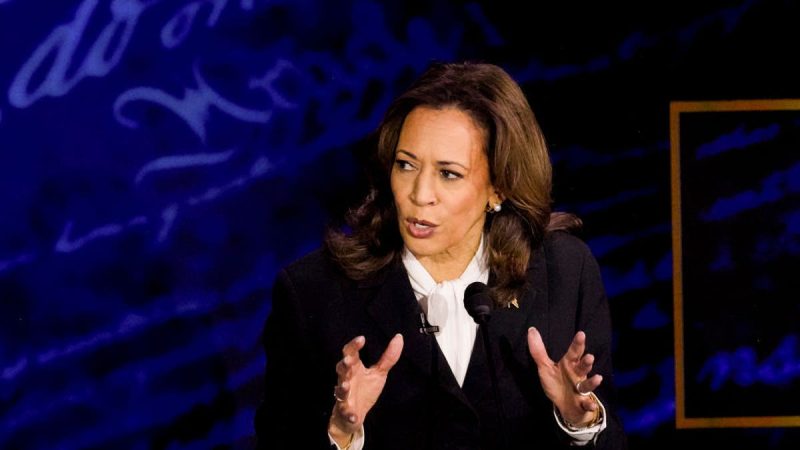Latest News
23-09-2024 12:14
1 Views
Harris’ Fracking U-Turn Reflects a Winning Stance, Despite Oil Advocates’ Skepticism

Title: The Politics of Fracking: A Closer Look at Kamala Harris’ Stance
Fracking is an issue that carries substantial political weight in the United States, raising concerns pertaining to environmental impact, employment, and energy independence. A significant figure influencing the debate is Vice President Kamala Harris, whose perspectives on fracking have evolved over time, creating skepticism among oil advocates. This article intends to delve deeper into Harris' pivot on fracking, as reported by godzillanewz.com, and how her shift may prove to be a winning issue in American politics.
In her early political career, Kamala Harris was vocally anti-fracking, echoing sentiments of environmentalists who point to the technique's detrimental environmental effects and the acceleration of climate change. During her 2019 Democratic nomination campaign, Harris was quoted affirming her intent to implement a complete ban on fracking. However, she appeared to moderate her stance during the 2020 Vice Presidential election campaign, raising eyebrows among critics.
The oil industry and its advocates felt alarmed by Harris' initial positioning to ban fracking outright due to the potential loss of jobs and its perceived threat to America's energy independence. However, during the 2020 Vice Presidential debate with Mike Pence, Harris announced that the Biden-Harris administration would not enforce a ban on fracking. This discrepancy between Harris' previous statements and her more recent assertions has sparked skepticism among those in the oil sector.
Despite the oil advocates’ skepticism, Harris’ altered stance on fracking could be seen as strategically sound, creating a wider appeal to both environmentalists and industry-dependent workers. By maintaining fracking in limited contexts, she is aligning with the stance that appreciates its contribution to American energy independence while addressing environmental concerns. However, her shift also underscores the public's increasing concern about climate change, pointing to the potential political success of pursuing environmental-friendly policies.
The pivot could also be seen as a careful maneuver to address the economic perspective of the fracking debate. While clearly acknowledging the need for sustainable energy practices, Harris also recognizes the role fracking plays in the U.S. economy, particularly in states like Pennsylvania, where the industry provides thousands of jobs.
To summarize, Kamala Harris' shift in her stance on fracking is nuanced and strategic. Her adaptability reflects the balancing act needed in the current political climate, showing an understanding of the economic significance of the oil industry, while concurrently, acknowledging the public's mounting concerns over climate change and environmental preservation. It might be skepticism to some, but to others, it represents the tenuous tightrope walk between environmental responsibility and economic survival. Her pivot may indeed turn out to be a winning issue, reflecting the evolving attitudes of the American electorate towards a more sustainable future.

